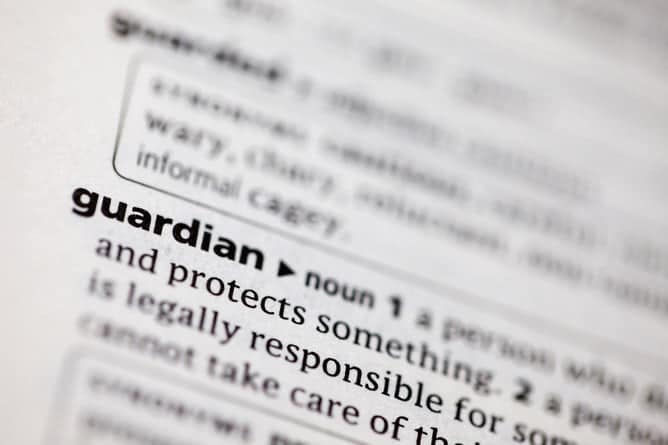In this section of our website, we’re discussing adults with incapacity. That is, adults who can no longer look after their own affairs. The main causes of this in elderly people are illnesses such as Dementia, Alzheimer, Parkinsons and diseases of a similar nature. Sometimes, someone who has an accident or contracts an illness which incapacitates them and prevents them from looking after their own affairs is another reason for appointing a guardian. In these cases, it generally has nothing to do with age! Finally, you might need to apply for a guardianship for a young adult with incapacity. Parents lose their right to make decisions for young adults when they reach the age of 16. in all these cases, the court will appoint a guardian.
Appointing a guardian is time consuming and can be expensive. First of all, you have to apply to court. After that, you have to provide medical evidence. This must show that the person isn’t ab;e to look after their own affairs. The court will decide if the guardian acceptable. A challenge might be made to the appointment – usually by a relative. If a challenge is made, it takes longer and costs more before a guardian is eventually appointed
What powers does the guardian have?
Is the guardianship monitored?
When does the guardianship end?
Can the appointment of a guardian be challenged?

